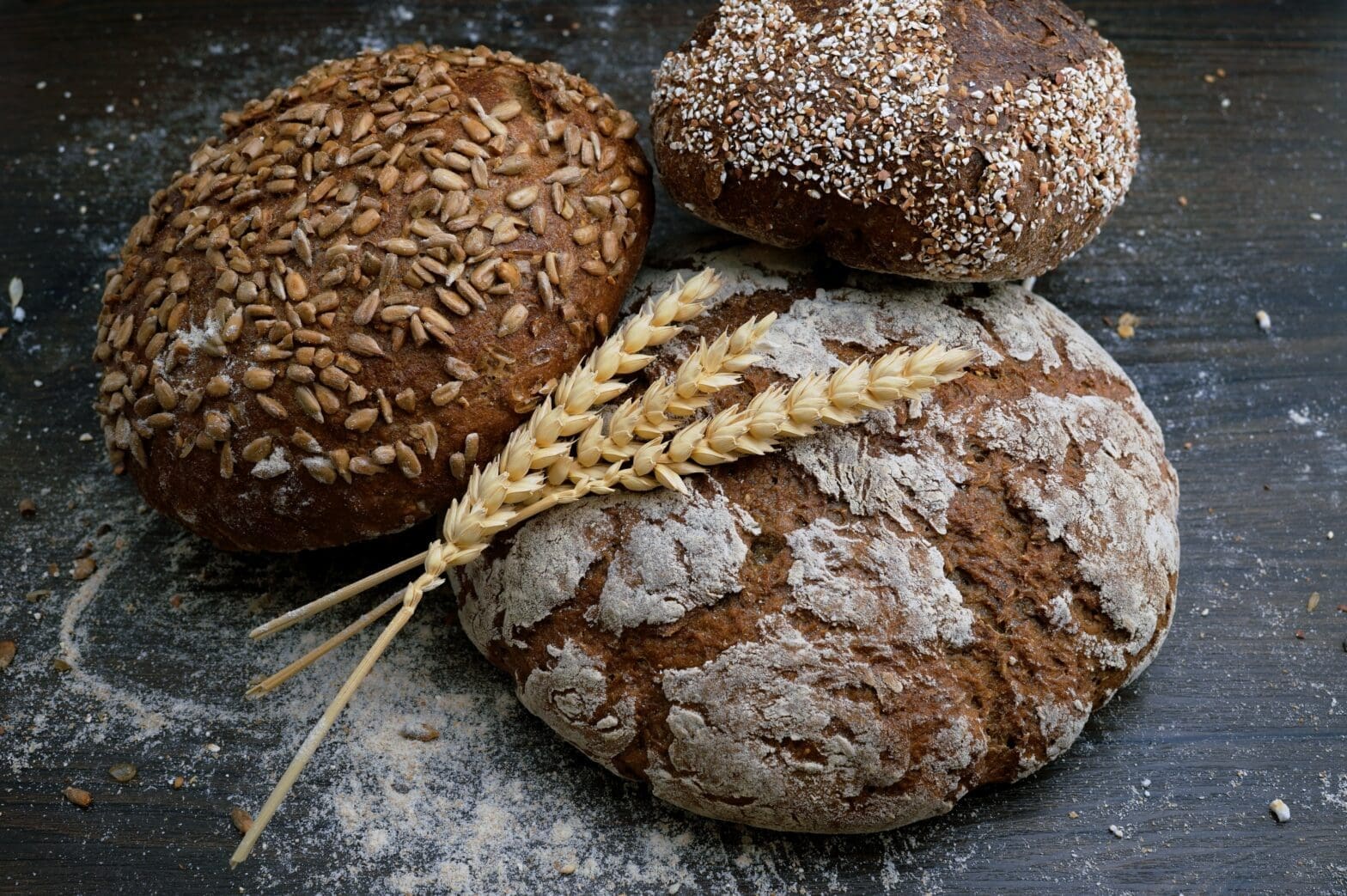
Benefits of gluten-free eating
Eating gluten-free can have significant health benefits–especially today when Americans are eating so many processed foods. Not surprisingly, we’re seeing brands develop gluten-free options for people who are gluten intolerant. Some examples include gluten-free bread, pizza crust, cake, pasta, and more. So what is this gluten trend all about? Let’s start by looking at several drawbacks to eating gluten–and then we’ll outline the health benefits of eating gluten-free.
The drawbacks.
Before we dive into the drawbacks, note that gluten isn’t a “bad” food. Actually, it’s just a substance found in grains. But it can make you sick–especially if you have celiac’s disease (an autoimmune disease triggered by gluten) or a gluten intolerance. That being said, here are just some of the drawbacks:
- Bloating. When you’re gluten-intolerant, eating gluten can result in bloating. Unfortunately, this can cause significant discomfort and put a damper on your daily life.
- Brain fog. Brain fog is when you have trouble concentrating, focusing, or thinking clearly. Though brain fog doesn’t always point to gluten intolerance, it can be a cause–or a contributing factor.
- Skin rashes. Eating gluten can make skin conditions worse by triggering an immune system response. This leads to antibody deposits on the skin. And these deposits can cause rashes and other irritations–including dry skin, eczema, and psoriasis.

The advantages.
Eating gluten-free foods can have many health advantages. As long as you still get the proper nutrients, then avoiding gluten can reduce inflammation and alleviate other health problems. Here are some of the advantages of eating gluten-free:
- May boost energy. Avoiding gluten (especially if you have celiac’s disease) may give you an energy boost. Because gluten can cause nutrient deficiencies, you risk damaging your gut when you eat it. For instance, an iron deficiency can lead to anemia–which results in fatigue.
- May improve gastrointestinal health. When you’re gluten-intolerant, consuming gluten can harm the gut microbiome and damage the intestinal tract. Eating less gluten can minimize inflammation and result in better digestion.
- May help maintain a healthy weight. This one is indirect–but important. By choosing gluten-free foods, you’ll probably eat less processed food. In other words, this may lead to eating more fruits and vegetables.
- May ease joint pain. Interestingly enough, people with autoimmune diseases (like rheumatoid arthritis) are more likely to develop celiac’s disease. And what triggers celiac’s disease flairs? Gluten. Though data here is mixed, you may want to eat less gluten if you struggle with chronic joint pain.

Choosing gluten-free eating can have health benefits–especially if you have celiac’s disease or a gluten intolerance. Though our list isn’t exhaustive, it does include some of the most commonly reported drawbacks and advantages. However, the most important takeaway is that you should be intentional about what you put in your body. Looking for more information on healthy eating? Follow our blog to learn about The Organic Snack Company, quality food choices and more.
